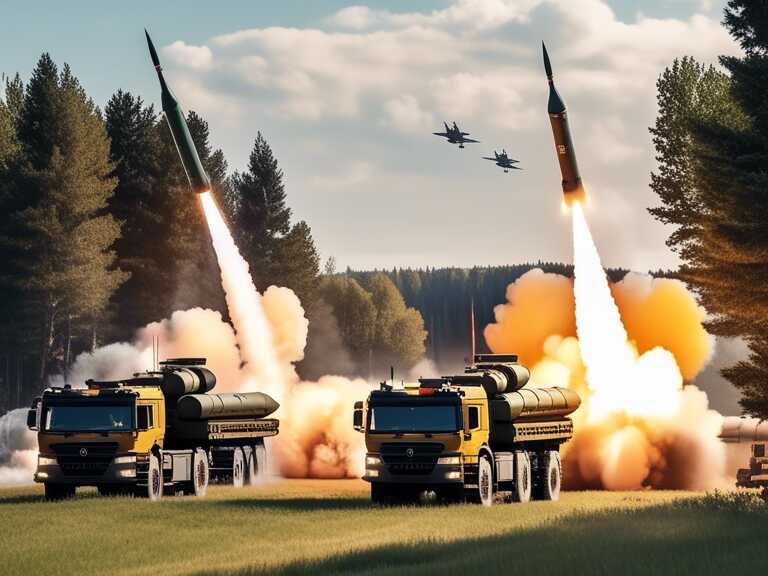
U.S. and Germany to Deploy Advanced Missiles in Germany
The U.S. and Germany plan to deploy advanced missiles in Germany in 2026, prompting Russia's concerns and NATO's declaration of Ukraine's path to membership.

The U.S. and Germany have announced a joint plan to deploy an increased number of long-range missiles, including advanced weaponry, in Germany by 2026. This move is intended to demonstrate the U.S.'s commitment to NATO and its contribution to European defense.
The new capabilities to be deployed in Germany will include SM-6 missiles, Tomahawk cruise missiles, and unspecified "developmental hypersonic weapons," as stated in the joint announcement by the U.S. and German governments. It has been clarified that the deployment in 2026 would be "episodic," with plans for "enduring stationing" in the future.
Russia's Response
Russia's Deputy Foreign Minister Sergei Ryabkov has strongly opposed this planned deployment, stating that it would be damaging to Russia's security. He has vowed that Russia will develop a military response to this new threat, emphasizing the need for maintaining Russia's security in the face of these developments.
The announcement of the U.S.-German joint plan came during NATO's 75th-anniversary summit, where 32 members of the alliance formally declared Ukraine to be on an "irreversible path" to membership in NATO. This declaration has significant implications for the ongoing conflict between Ukraine and Russia.
Russian Opposition to NATO Expansion
Russia has expressed strong opposition to the expansion of NATO towards the east and has alluded to Ukraine's aspirations of joining the alliance as a key factor in the ongoing conflict. The NATO statement, however, emphasized that the alliance does not seek confrontation and poses no threat to Russia.
Following the declaration about Ukraine's future membership, Deputy Chairman of Russia's Security Council, Dmitry Medvedev, warned that Russia must take measures to ensure that Ukraine's path to NATO membership ends with significant consequences for either Ukraine or NATO, expressing a strong stance against Ukraine's potential inclusion in the alliance.
Share news















